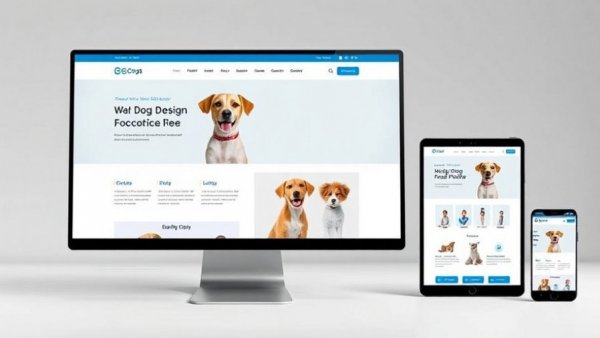
Can Dogs Get Norovirus? Understanding the Risks
As dog owners, we often worry about the health of our furry friends. One question that arises is, can dogs get norovirus? This highly contagious virus is commonly associated with gastrointestinal distress in humans, but its connection to canine health has sparked curiosity among pet lovers. The good news is that dogs do not seem to be susceptible to norovirus infection. According to veterinary experts, while dogs can experience gastrointestinal issues, they are not the same as the symptoms caused by norovirus in humans.
The Science Behind Norovirus
Norovirus is primarily known for causing outbreaks of gastroenteritis in people, particularly in crowded places like cruise ships and daycare centers. It's characterized by symptoms such as nausea, vomiting, diarrhea, and stomach cramps. The virus spreads through contaminated food or water, surfaces, and direct contact with an infected person.
Research indicates that norovirus is specific to humans and does not infect dogs. However, just because dogs are safe from norovirus doesn’t mean they are immune to other gastrointestinal illnesses. Dogs are susceptible to various bacteria and viruses that can cause similar symptoms, making it essential for owners to be vigilant.
How Dogs Can Get Gastrointestinal Issues
Though norovirus cannot infect dogs, they can experience digestive issues for a plethora of reasons. Common causes include dietary indiscretion, sudden dietary changes, and infections from other pathogens like bacteria or parasites. Symptoms of gastrointestinal distress in dogs often mirror those seen in humans, including vomiting and diarrhea.
If you notice any signs of digestive distress in your dog, consult a veterinarian for a proper diagnosis and treatment plan. Early detection can prevent a minor issue from becoming a major health concern.
Preventing Gastrointestinal Distress in Dogs
While norovirus isn't a risk for dogs, owners can take proactive steps to minimize the risks of other gastrointestinal issues. Here are some tips to promote a healthier digestive system:
- Maintain a Consistent Diet: Dogs thrive on routine. Sudden changes in their diet can upset their digestive system, so it's important to introduce new foods gradually.
- Monitor Their Treats: Human food can often be much richer than what dogs are used to, leading to stomach upset. Stick to treats designed for canine consumption.
- Proper Hygiene: Exercise good hygiene practices while handling your dog’s food and waste to minimize the risk of bacterial contamination.
- Regular Vet Check-ups: Schedule regular check-ups to monitor your dog’s health and discuss any dietary concerns with your vet.
Understanding Norovirus in the Context of Pets
Although norovirus is not a threat to dogs, it’s beneficial for pet owners to understand its implications. If someone in your household has norovirus, practice good hygiene to minimize the risk of spreading germs to your dog. While the virus itself is not harmful to dogs, minimizing exposure to human pathogens contributes positively to your dog’s overall health.
When to Seek Veterinary Care
If your dog is experiencing severe symptoms or has prolonged vomiting and diarrhea, it’s crucial to contact your veterinarian. In some cases, gastrointestinal distress can lead to dehydration and more serious conditions requiring immediate attention.
As responsible pet owners, understanding what affects our dogs' health helps us take better care of them. While norovirus is not a risk, knowing the potential threats and prevention methods means our furry friends can enjoy life to the fullest.
 Add Row
Add Row  Add
Add 




Write A Comment